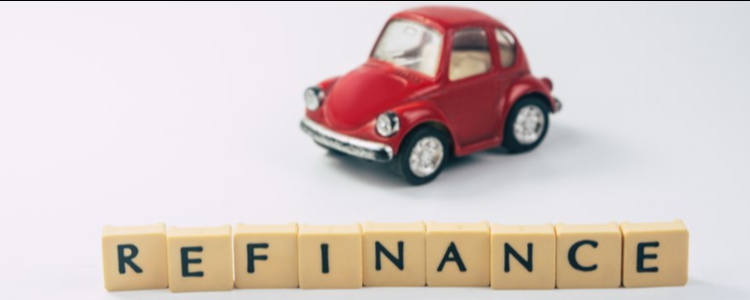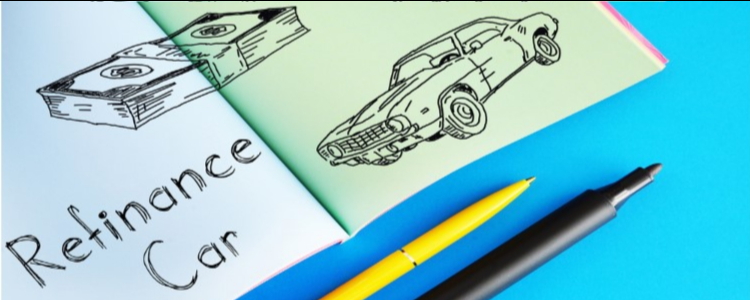When you need a little extra cash, you might be able to get it from your car. Choosing cash-out refinancing can put money in your pocket, but there can be risks to using all your equity, too. Here's a look at what you should know about cash-out refinancing, who's eligible, and whether or not it could be a good idea.
 What is cash-out refinancing? Cash-out refinancing is when you take out a personal loan for the value of your vehicle, and use your car as collateral. You finance the entire value and get the amount of equity in your car back as a check or cash.
What is cash-out refinancing? Cash-out refinancing is when you take out a personal loan for the value of your vehicle, and use your car as collateral. You finance the entire value and get the amount of equity in your car back as a check or cash.
For example, if you only owe $6,000 for your vehicle, but it's worth $10,000, you could potentially do a cash-out refinance and get $4,000 back from the lender. You would then repay the entire $10,000 back in installments.
In order for this to work though, there must be equity in your car.
Who's eligible for cash-out refinancing? The first step in cash-out refinancing is to know how much your car is worth, and how much equity you have. Equity means having more value in your car than you owe on the balance of your loan. If you're in a negative equity position in which you owe more for your vehicle than it's worth, you won't qualify for refinancing, cash-out, or otherwise.
To see if there's equity in your car, you first need to know its value. You can check websites such as Kelley Blue Book and NADAguides, where you answer questions about your vehicle and get an estimated value at the end of the questionnaire. Remember, these are just estimates, and a true valuation can be obtained from a dealer appraisal.
You also need to contact your lender and request a 10-day payoff. This is the amount you owe on your loan plus ten days of interest. Compare this amount to the estimated value of your vehicle to see if there's equity in your car.
Is cash-out refinancing a good idea? Cash-out refinancing can be a good idea if you need money to pay something off. However, it can be a risk, since missing payments and defaulting on the loan means losing your car. Cash-out refinancing is typically seen as a last resort option, since losing the equity in your vehicle can also make it harder to trade-in down the road.
If you don't need the money for something right now, it may be a better idea to keep the equity in your car. If you simply need a little wiggle room in your budget you could look into refinancing your auto loan, to get a lower monthly payment by either lowering your interest rate or extending your loan term.















